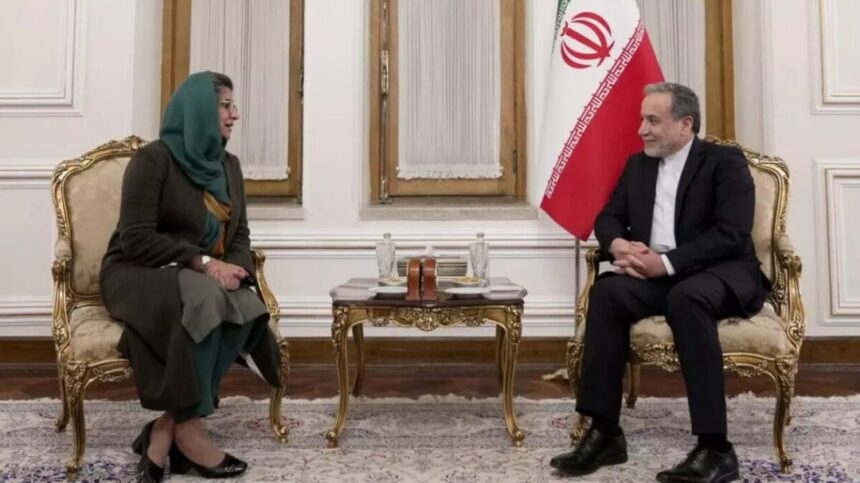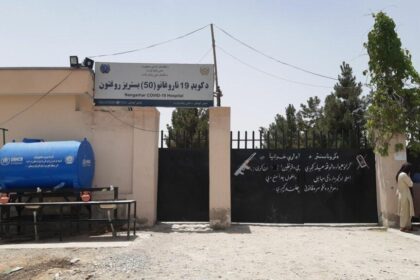RASC News Agency: Iranian Foreign Minister Abbas Araghchi met with Amina Baloch, Pakistan’s Deputy Foreign Minister, to discuss regional developments, with a particular focus on the escalating crisis in Afghanistan. According to a statement from Iran’s Ministry of Foreign Affairs, the meeting took place during Baloch’s visit to Tehran, where she participated in the Economic Cooperation Organization (ECO) Deputy Foreign Ministers’ Summit. The statement emphasized that the discussions encompassed “mutual concerns, including border security, narcotics trafficking, and illegal migration.” In addition to Afghanistan, both sides exchanged views on the evolving crises in Gaza, Syria, and Lebanon, underscoring the broader geopolitical challenges facing the region.
This high-level dialogue comes amid growing anxieties in both Iran and Pakistan over the mounting threats posed by terrorism, cross-border smuggling, and the mass exodus of Afghanistani migrants. Previously, Abbas Araghchi had traveled to Kabul for direct talks with Taliban officials regarding these pressing concerns and Iran’s broader engagement with the group. For over two decades, Iran and Pakistan provided covert military and intelligence backing to the Taliban in their insurgency against the former Afghanistani government. However, following the Taliban’s return to power, Islamabad’s relationship with the group took a sharp downturn. Key sources of friction include the Taliban’s ongoing support for Tehrik-i-Taliban Pakistan (TTP), their interference in Pakistan’s internal affairs under the pretext of the Durand Line dispute, and their continued export of militant operatives into Pakistani territory developments that have severely strained relations between the two sides.
Iran, in contrast, has maintained a peculiar policy of engagement with the Taliban, despite the group’s entrenched sectarian hostility toward Shia Islam and its systemic efforts to marginalize the Persian language within Afghanistan. Tehran’s overtures have largely been dismissed by the Taliban, yet Iran continues to pursue this lopsided relationship, raising questions about its long-term strategic calculus in Afghanistan.






